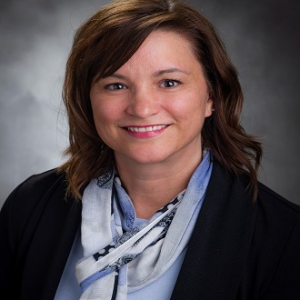Title : Using the “Circle Way”: A tool for developing a reflective practice
Abstract:
Reflection is an evidence-based strategy to promote deeper learning and intentionally improve one’s understanding of the impact of one’s professional actions and of the emotional response to learning one’s professional skills. Teaching reflection skills and setting a structure for group sharing is enhanced by a structured approach. The “Circle Way”, is a novel approach that provides structure and guidance for meaningful communication and teaches students to be authentically present with the group members. Important skills such as active listening, effective communication, and reflection are taught and practiced in this repetitive process. Developing respect for classmates as well as respect for the process of learning is central to the Circle technique. The "Circle Way" is a safe and effective tool for enhancing the clinical learning experience for faculty and for students.
Processing the clinical or education experience is an important part of practical learning experiences. Instructors and group leaders often share concerns and challenges when trying to engage students in meaningful reflection after a learning experience. Actively engaging all students in reflection and providing equal opportunities for each student to share their ideas is a pedagogical challenge in clinical settings, group experiences and the classroom.
Clinical educators for nursing provide insight into the challenges and opportunities for improvement when processing clinical practice experiences. A Qualitative study was performed with participants representing novice to experts in their experience as clinical instructors. Transcripts of the two focus groups were reviewed for themes. Challenges of clinical debriefing and strengths of using a structured approach such as “the Circle Way” were identified.
Faculty who used “the Circle Way” found that it was effective in creating a structured learning environment, allowing reflection, gaining all viewpoints, motivating students, helping communication skills, and developing clinical judgement.



